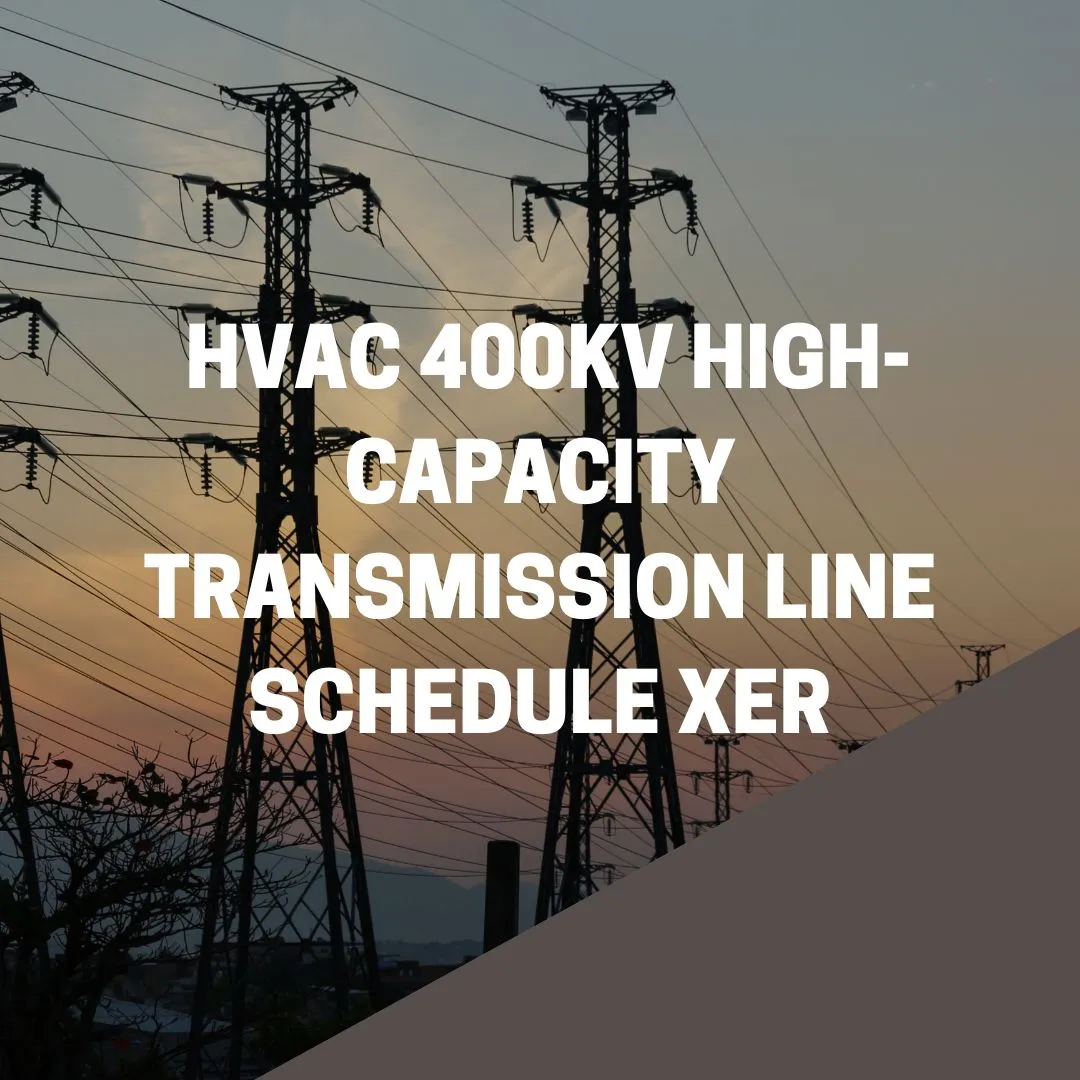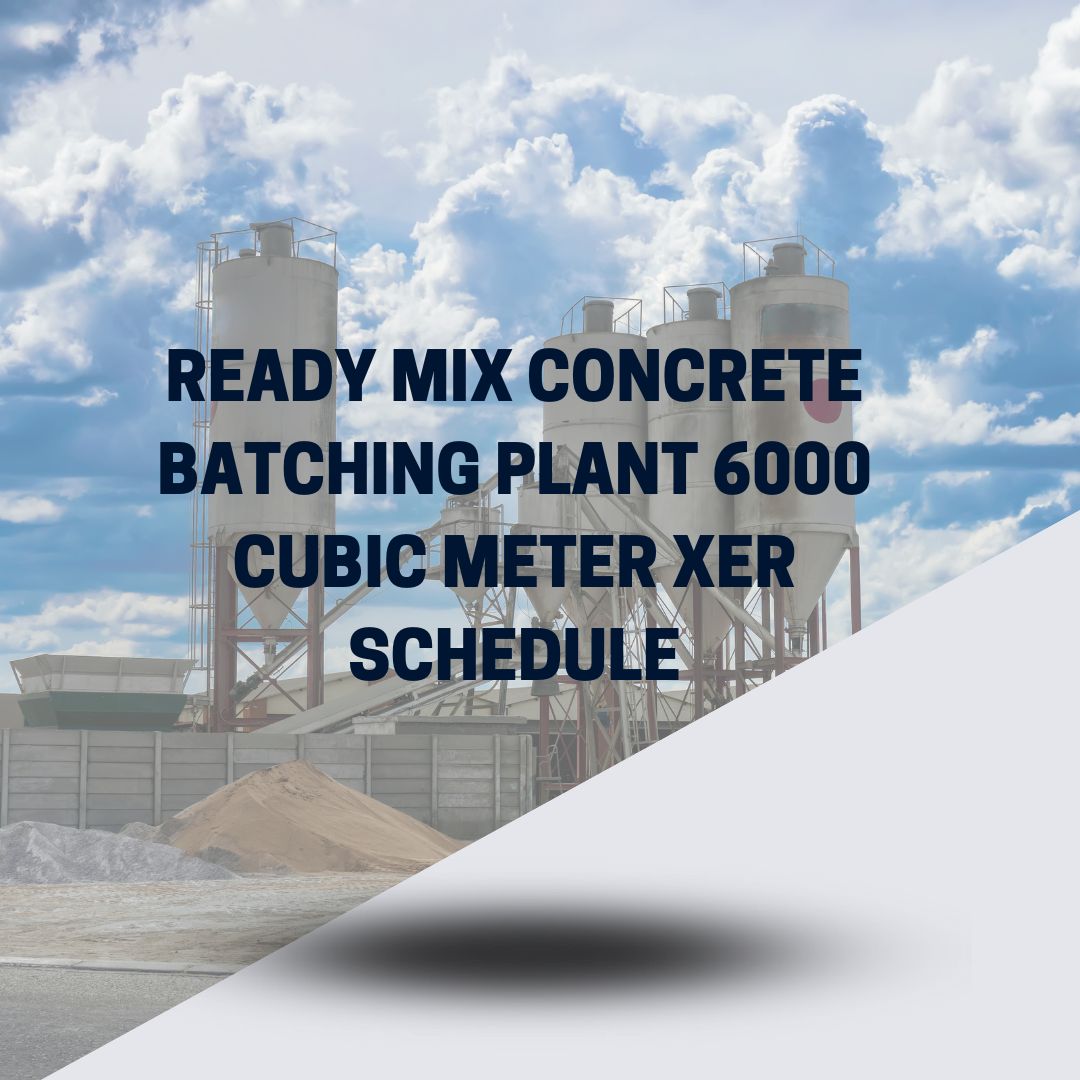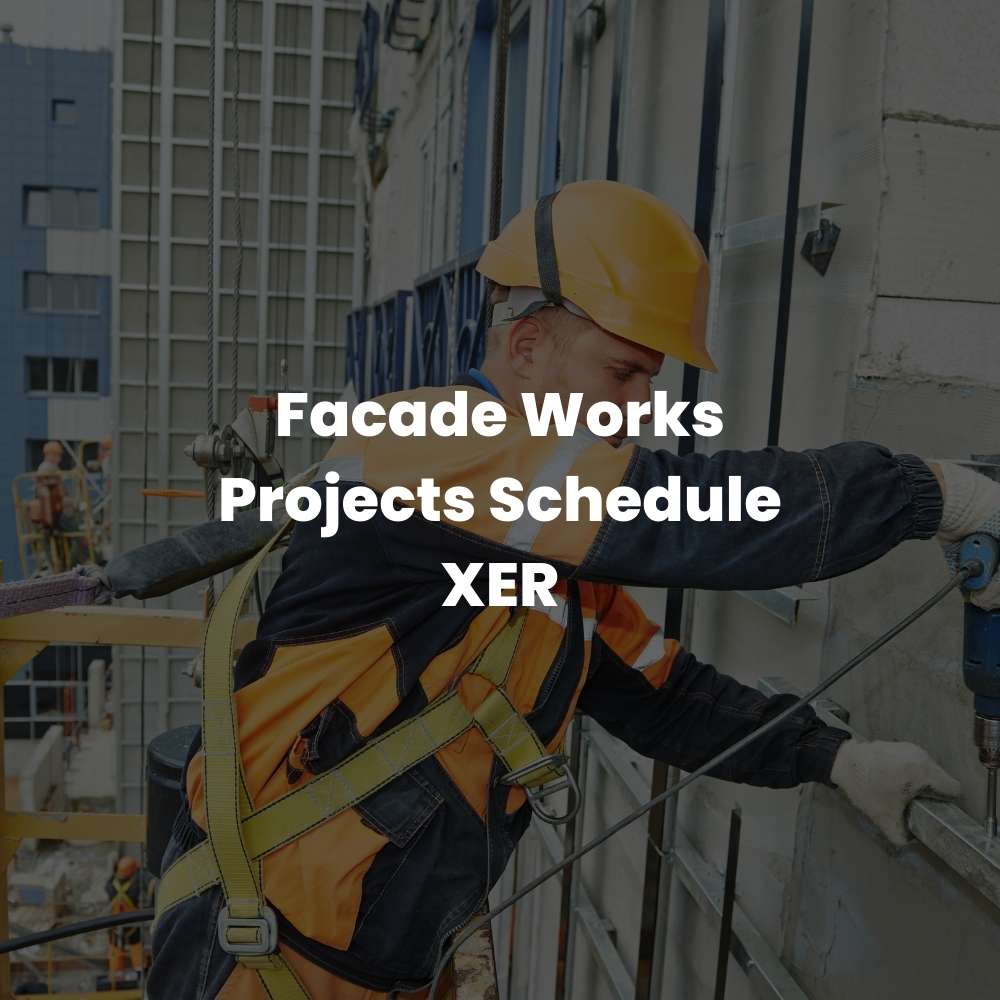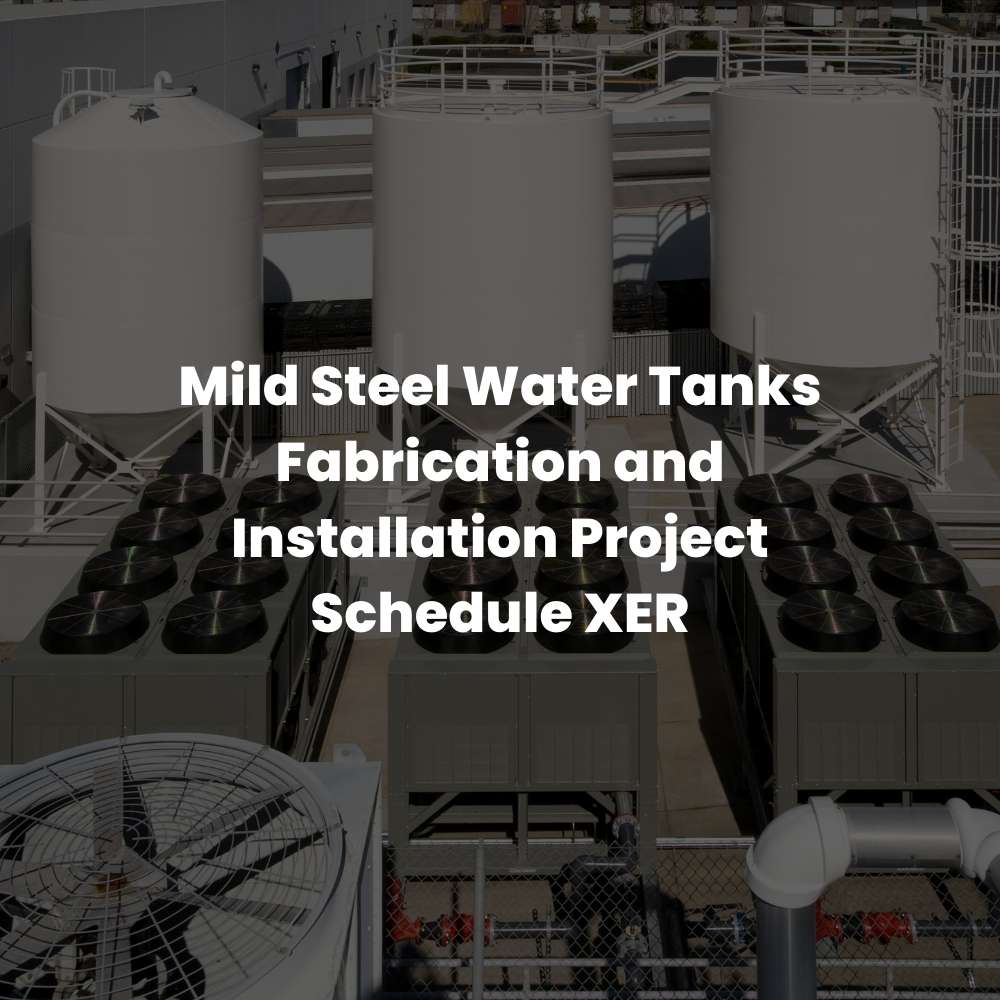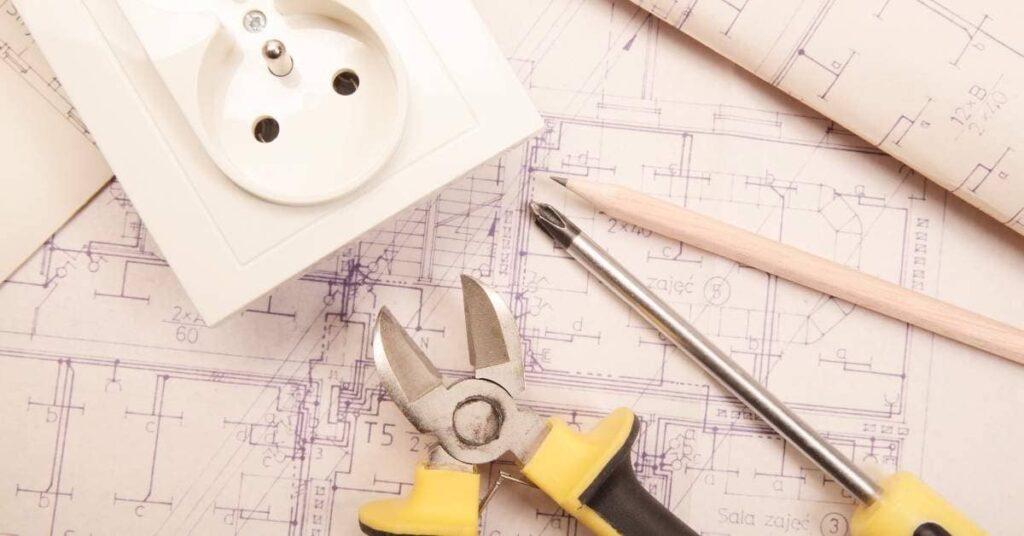
Introduction
Electrical workers are some of the most important people on any construction site. They’re in charge of installing, inspecting, and maintaining electrical systems so that your home or office can have power and all its modern conveniences. But even though electricity is an incredibly useful resource, it’s also extremely dangerous if you don’t handle it with care. In order to stay safe while working with electricity, follow these best practices:
Use proper tools.
The first step to electrical worker safety is to use the right tools for the job. Here are some ways to ensure that you have the correct tools:
- Use tools that are in good condition. If you don’t, you may be putting yourself at greater risk of injury or even death if your tool fails mid-use.
- Use tools appropriate for your size, strength, experience level, and training requirements as well as any limitations imposed by an existing medical condition (e.g., diabetes). This will help prevent overdoing it or reaching beyond your capabilities physically. Using tools that aren’t designed for your body type could also cause other types of injuries because they’re too heavy or unwieldy; using them incorrectly can lead to accidents too!
Avoid wet areas.
If there’s water, stay out of it. It might seem like common sense that you should avoid standing in puddles or standing on wet ground when it’s raining, but did you know that even if you’re wearing rubber boots and a rain jacket? The National Institute for Occupational Safety and Health (NIOSH) recommends taking extra precautions when working near bodies of water: “Workers should not be allowed to enter areas where there is standing water; if this is unavoidable, they should wear rubber boots and slickers.”
- Never stand in water.
- Never work under or near power lines or equipment that may be energized by contact with the ground or any source of electricity (including lighting fixtures).
Always wear a hard hat.
- Always wear a hard hat.
- You should always wear a hard hat when working on construction sites, especially those that involve electrical work. Hard hats can protect you from falling objects and prevent electrical shock in case of an accident or malfunctioning equipment.
Beware of electrical hazards.
Electrical hazards are everywhere, and you should always be aware of their potential for them. Electrical hazards can be hidden in walls and ceilings, so it’s imperative that you keep your eyes open at all times. If you find yourself in a situation where something looks suspicious, take precautions before proceeding any further.
Mind your materials.
There are many hazards on any construction site, but some of the most common and dangerous include electricity, falling objects, and chemicals.
If you’re working in an area where there is a risk of electrical shock, make sure to keep all tools and materials away from that area. If your ladder is touching a live wire, move it immediately to avoid injury or death. When using tools with sharp blades or other hazardous parts (such as saws), always wear gloves to protect yourself from cuts or punctures. If chemicals are being used at your construction site, don’t touch them unless they’re clearly labeled as non-hazardous—and even then it’s important to check with your supervisor first before doing anything else!
Finally: stay safe around hazardous chemicals by keeping them stored away from children’s play areas; stay well hydrated when working in hot weather; wear protective clothing like long sleeves/pants/boots when outdoors for extended periods of time; keep rain gear nearby if needed during downpours…etcetera ad nauseam!
Stay away from live wires.
There’s a reason it’s called a live wire. If you need to ground your tool, make sure that you’re doing so with a properly grounded rod.
If you do not have a properly grounded rod or are using an ungrounded ladder, DO NOT use the live wire as your grounding source. If you come in contact with the wire while on the ladder, you can be electrocuted and injured or killed!
Secure your ladder.
Ladders: You should use a ladder that is the right height for the job. The ladder should be free of debris, and it must be on a firm, level surface. Make sure your ladder has been properly maintained and is in good condition before using it. When you carry a ladder from one location to another, make sure the bottom of the ladder touches first when placing it down so you don’t slip on wet grass or snow.
If you’re working around electricity, use extension cords rated for outdoor use only; these cords are designed to prevent electrical shock during rainy weather because they have rubberized coatings that keep moisture away from wiring connections inside them (this also helps prevent corrosion). Also wear rubber gloves or insulated boots when working with electricity so that if an accident happens (such as being shocked), there will be less chance of getting injured due to burns caused by contact with live wires.”
Stay safe around hazardous chemicals.
In construction, you may be dealing with hazardous chemicals such as:
- Acids
- Bases
- Solvents
- Oils and greases
- Asbestos-containing materials
If you work with these substances, it’s important to take precautions to avoid exposure or injury. For example, if you’re working directly with an acidic substance, such as muriatic acid or hydrofluoric acid (HF), wear gloves and eye protection. Also, keep in mind that some acids can damage your skin even through clothing if they’re strong enough—so try to wear long sleeves whenever possible. If a substance has not been properly labeled as corrosive or dangerous but is clearly causing problems for people who come into contact with it, then make sure that their supervisor knows about it ASAP so they can take measures to protect everyone else on site!
Don’t use electrical equipment in the rain.
Don’t use electrical equipment in the rain.
Electricity and water are a dangerous combination. Water can cause electrical shock and electrocution, as well as damage to electrical equipment that may lead to it malfunctioning or breaking down completely. The same goes for using power tools or other types of machinery outdoors when it’s raining—the risk is simply too great! Plus, you never know if there might be some sort of leak inside one of your machines (or even from the ground itself) that could cause damage to your machine’s internal circuits and components over time. Stick with working indoors until it stops raining outside—you’ll be safer because of it!
Conclusion
Safety should always be a priority on the job site, and as an electrical worker, you’re especially at risk of injury. With so many potential hazards lurking on every project, it can be difficult to stay safe but not impossible! By taking precautions when working with electrical equipment and making sure everyone is aware of the dangers around them, you can help ensure that everyone who comes near your work stays safe.
Leave a Reply
You must be logged in to post a comment.








